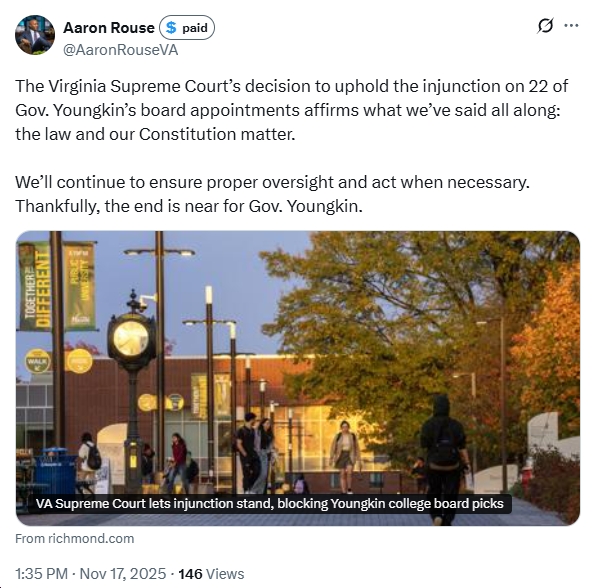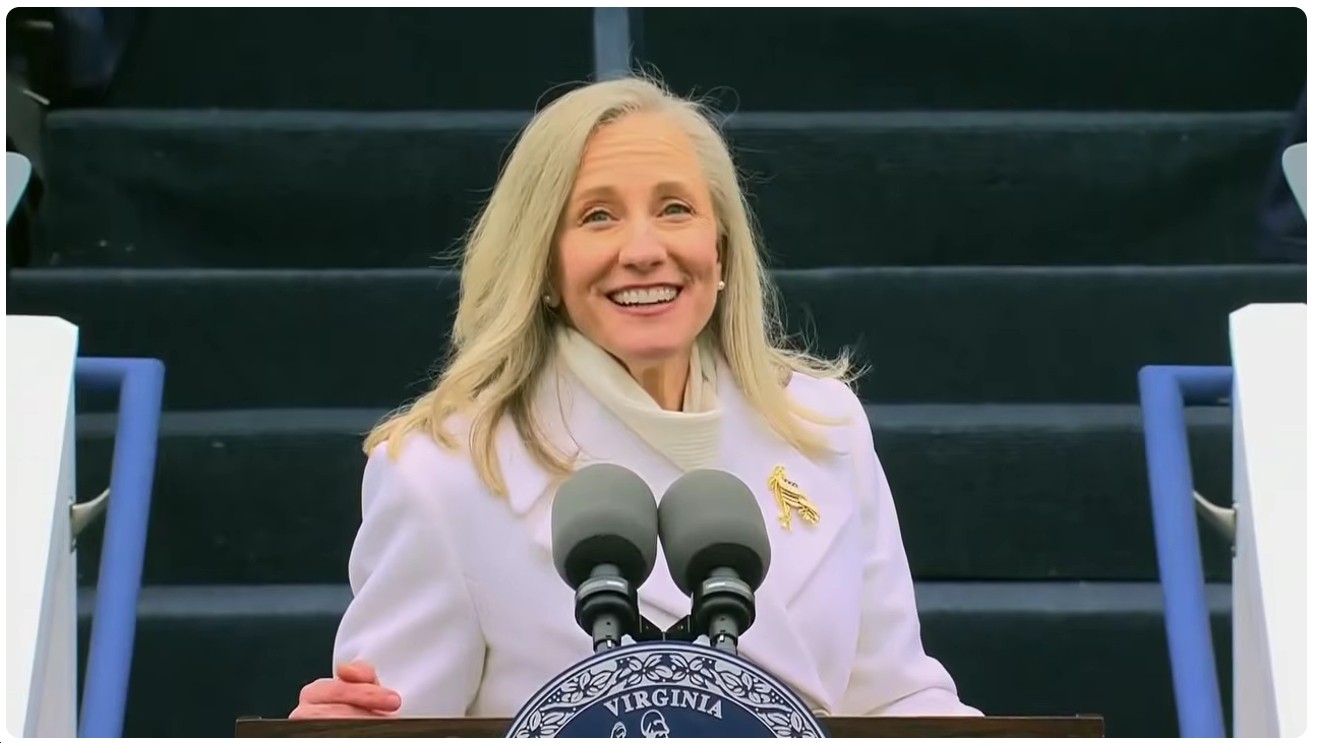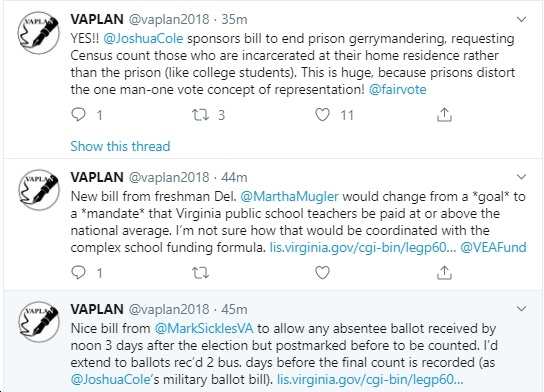A little while ago, Del. Lashrecse Aird (D-HD63) stood up on the Virginia House of Delegates floor and skillfully, powerfully walked us through (video below) the history of the landmark Brown v Board of Education decision, “especially as it’s translated into modern-day relevance” and “to make a much larger point.” Brown v Board of Education, of course:
…was a landmark decision of the U.S. Supreme Court in which the Court ruled that U.S. state laws establishing racial segregation in public schools are unconstitutional, even if the segregated schools are otherwise equal in quality. Handed down on May 17, 1954, the Court’s unanimous (9–0) decision stated that “separate educational facilities are inherently unequal,” and therefore violate the Equal Protection Clause of the Fourteenth Amendment of the U.S. Constitution. However, the decision’s 14 pages did not spell out any sort of method for ending racial segregation in schools, and the Court’s second decision in Brown II (349 U.S. 294 (1955)) only ordered states to desegregate “with all deliberate speed.”
As Del. Aird explained, “in Virginia, US Senator Byrd encouraged
“‘massive resistance’ to school desegregation and Virginia strongly embraced laws to prevent a single black child from entering any white school,” and “it would be decades before some of these measures would be undone.” Decades later, as Del. Aird pointed out, Brown v Board of Education “[has fallen] short of achieving its primary mission of fully integrating the nation’s public schools.” And today, sixty-six years later, there “remains de facto school segregation, one might even say…we remain separate and still unequal.”
“Too many of our black and brown students are largely over-represented in high poverty schools. An increasing number of students find themselves in under-resourced schools…with inexperienced instructors, limited coursework and fewer instructional resources. And to be clear, Madam Speaker, high poverty schools are located across the Commonwealth. Most of these schools are in the Greater Richmond in Hampton Roads area, two areas with high percentages of Virginia’s black population. Other divisions with many high poverty schools include Norfolk, Roanoke City, Prince William, Newport News, Danville, Hampton, Henrico and the list goes on…While Brown versus Board of Education may have shattered the racial apartheid of Jim Crow many of our countries and our Commonwealth schools remain racially imbalanced and educationally inequitable…
Today…I am officially renewing the petition and the call for my kids, for your kids and the kids that so many of us represent, a petition for resources to have windows that keep our classes warm in the winter, the a/c units to keep them cool in the spring, and the roofs Madam Speaker to keep them dry in any storm, and the funding Madam Speaker for the resources to support every school, every child, every teacher that unfortunately in some cases are as much needed today, especially for our black and brown students, as they were when these petitions were originally cast.”
Great job by Del. Aird, and I totally agree with the need to correct this de facto school segregation. The only thing I’d add is that, in order to do this properly, we’re going to need a lot of resources, which is going to mean raising revenues – hence the need to bring back the estate tax and to raise income tax rates on wealthy Virginians.

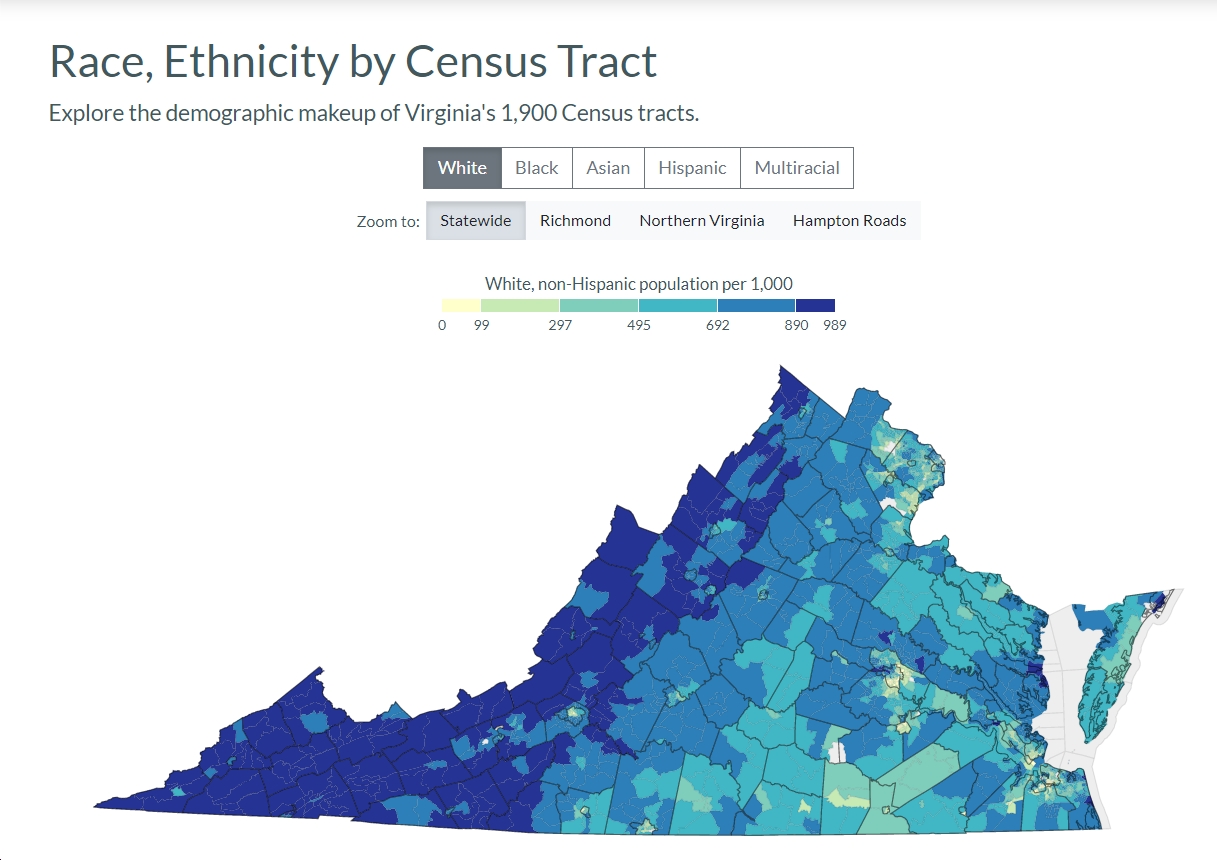
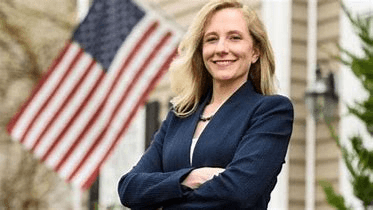
![Virginia NAACP: “This latest witch hunt [by the Trump administration] against [GMU] President Washington is a blatant attempt to intimidate those who champion diversity.”](https://bluevirginia.us/wp-content/uploads/2025/07/gmuwwashington.jpg)
